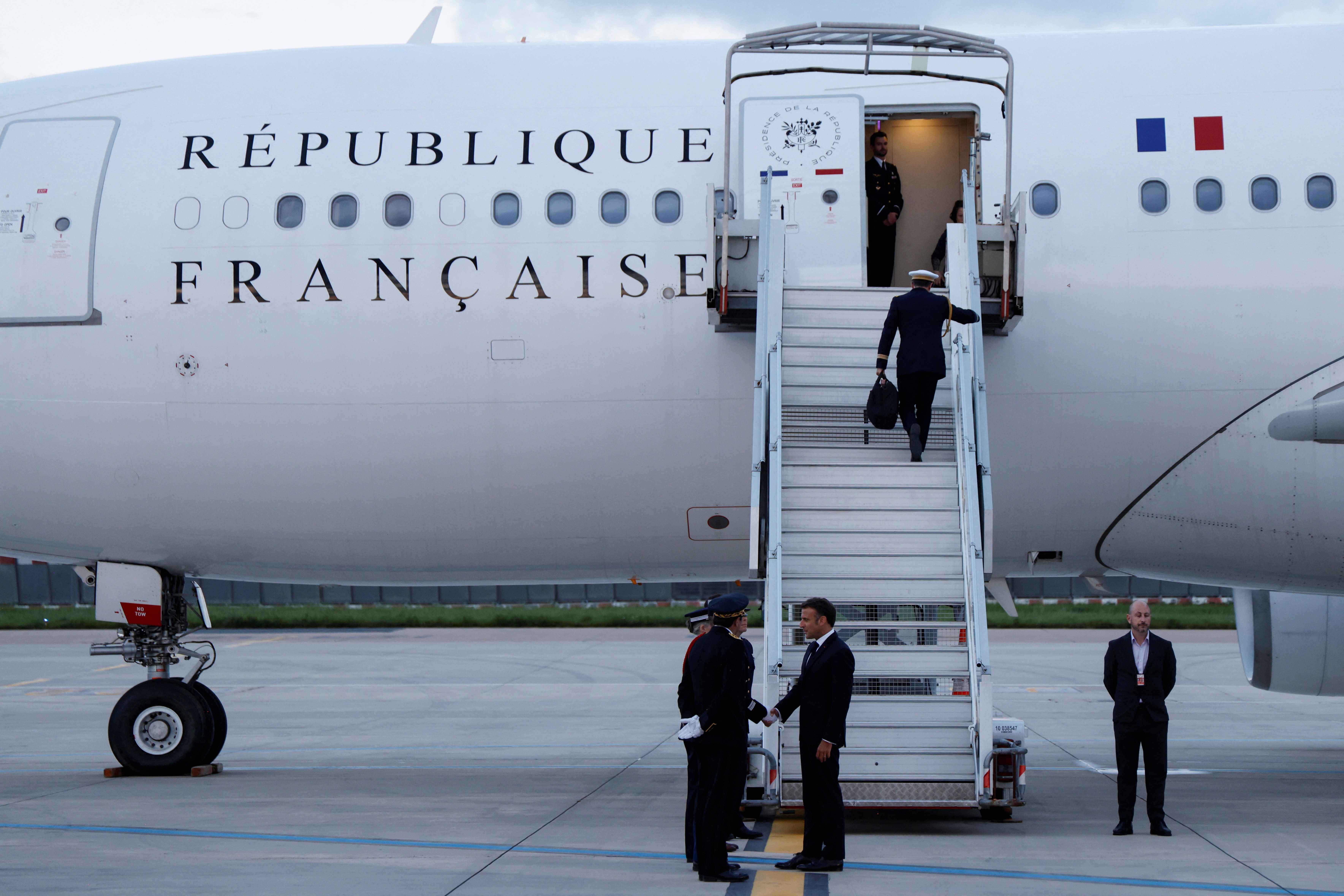French President Emmanuel Macron is making a surprise trip to New Caledonia, the French Pacific territory gripped by deadly unrest among young people from the Indigenous Kanak community. The violence has renewed discussions about France’s colonial past, which have largely focused on Africa until now.
Background: Riots began after France's parliament approved constitutional changes to give local voting rights to French citizens who had lived in the archipelago for at least 10 years. This would dilute the voting rights of the Indigenous population, which has voted three times for independence from France in recent years.
Macron is facing a lose-lose situation. If he postpones the constitutional change – it’s set to be ratified at the end of May – he will look like he is caving to violence. If he does nothing, he risks the insurrection continuing to dominate the French news cycle, rather than France’s recent economic upturn, ahead of the upcoming European Parliamentary elections. But with Macron’s party 15 points behind Marie Le Pen’s, he was already expected to face a humiliating defeat when voters head to the polls on June 9.
As Macron makes the two-day journey in hopes of finding a “comprehensive security agreement,” troops are working to rein in the violence ahead of his arrival. Their priority is clearing the highway to the international airport of barricades and burned vehicles, which are currently slowing tourists from leaving and medical and food supplies from arriving.
